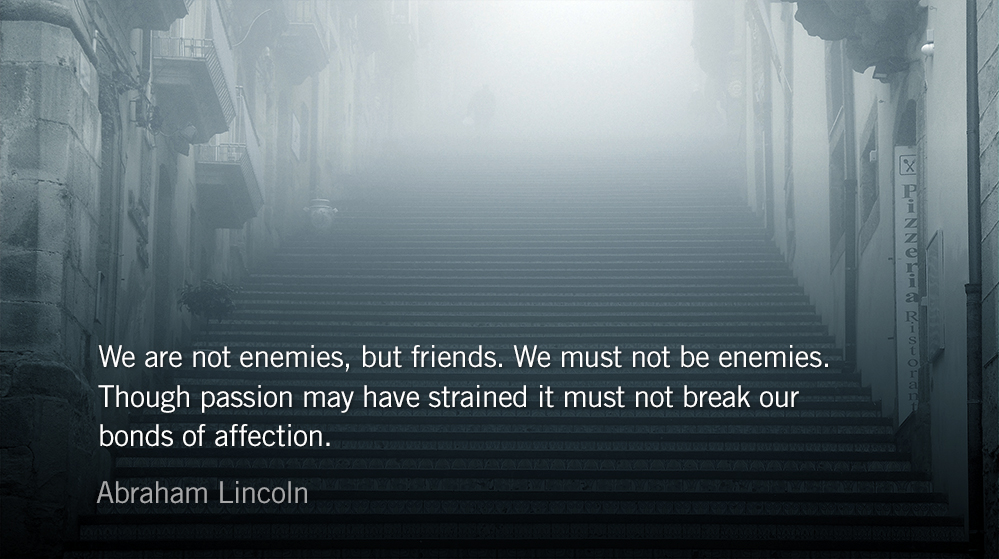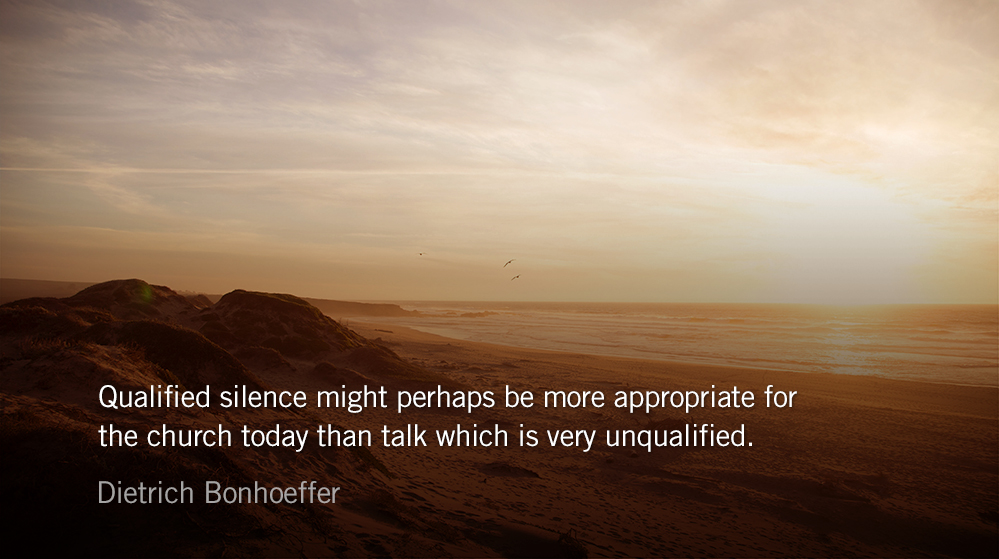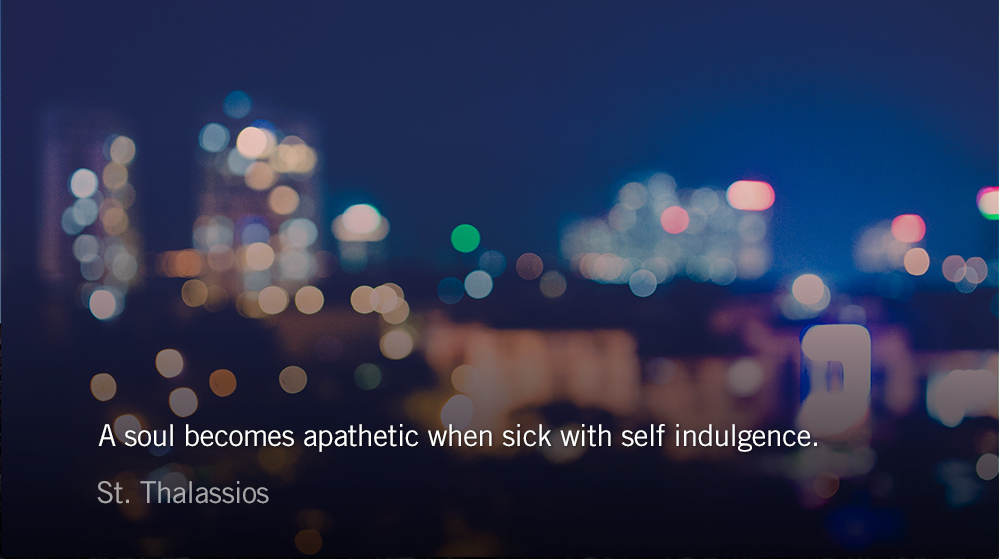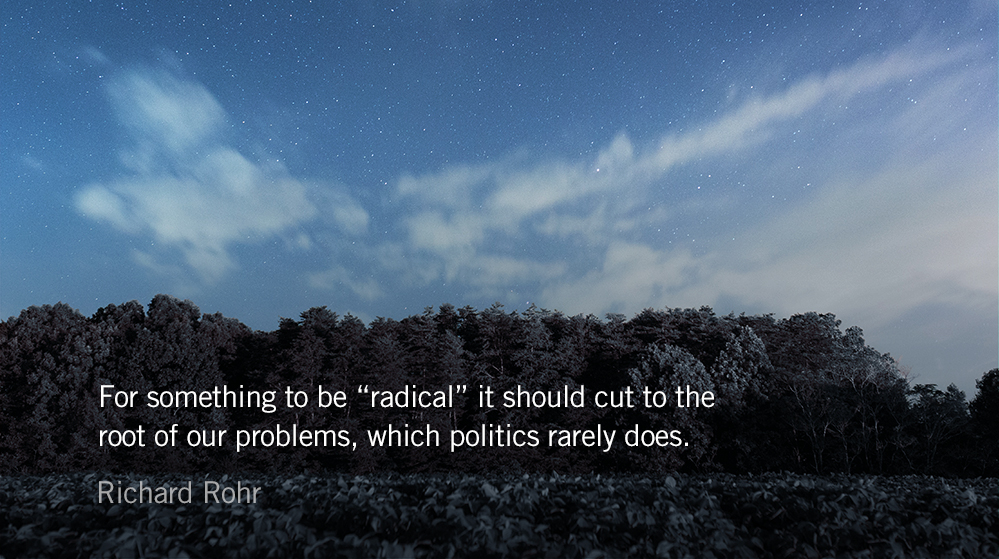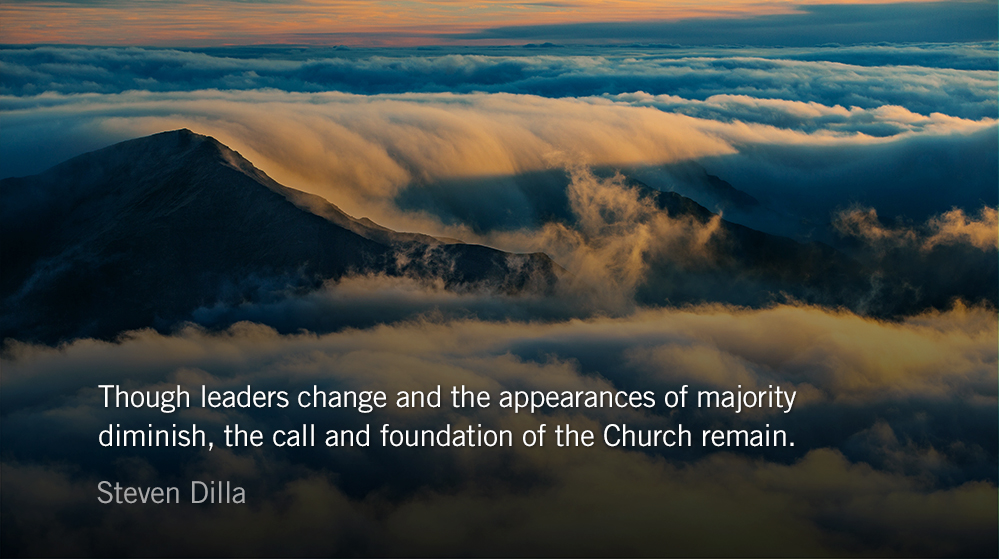By Abraham Lincoln (1809-1865)
I cry to you, O LORD; I say, “You are my refuge, my portion in the land of the living.” — Psalm 142.5
Why should there not be a patient confidence in the ultimate justice of the people? Is there any better or equal hope in the world? In our present differences, is either party without faith of being in the right?
If the Almighty Ruler of Nations, with His eternal truth and justice, be on your side of the North, or on yours of the South, that truth and that justice will surely prevail by the judgment of this great tribunal of the American people.
By the frame of the Government under which we live this same people have wisely given their public servants but little power for mischief, and have with equal wisdom provided for the return of that little to their own hands at very short intervals. While the people retain their virtue and vigilance no Administration by any extreme of wickedness or folly can very seriously injure the Government in the short space of four years.
My countrymen, one and all, think calmly and well upon this whole subject. Intelligence, patriotism, Christianity, and a firm reliance on Him who has never yet forsaken this favored land are still competent to adjust in the best way all our present difficulty.
We are not enemies, but friends. We must not be enemies. Though passion may have strained it must not break our bonds of affection. The mystic chords of memory, stretching from every battlefield and patriot grave to every living heart and hearthstone all over this broad land, will yet swell the chorus of the Union, when again touched, as surely they will be, by the better angels of our nature.
*Abridged from Abraham Lincoln’s First Inaugural Address, 1861.
Today’s Reading
Joel 2 (Listen – 5:26)
Psalms 142 (Listen – 1:01)

